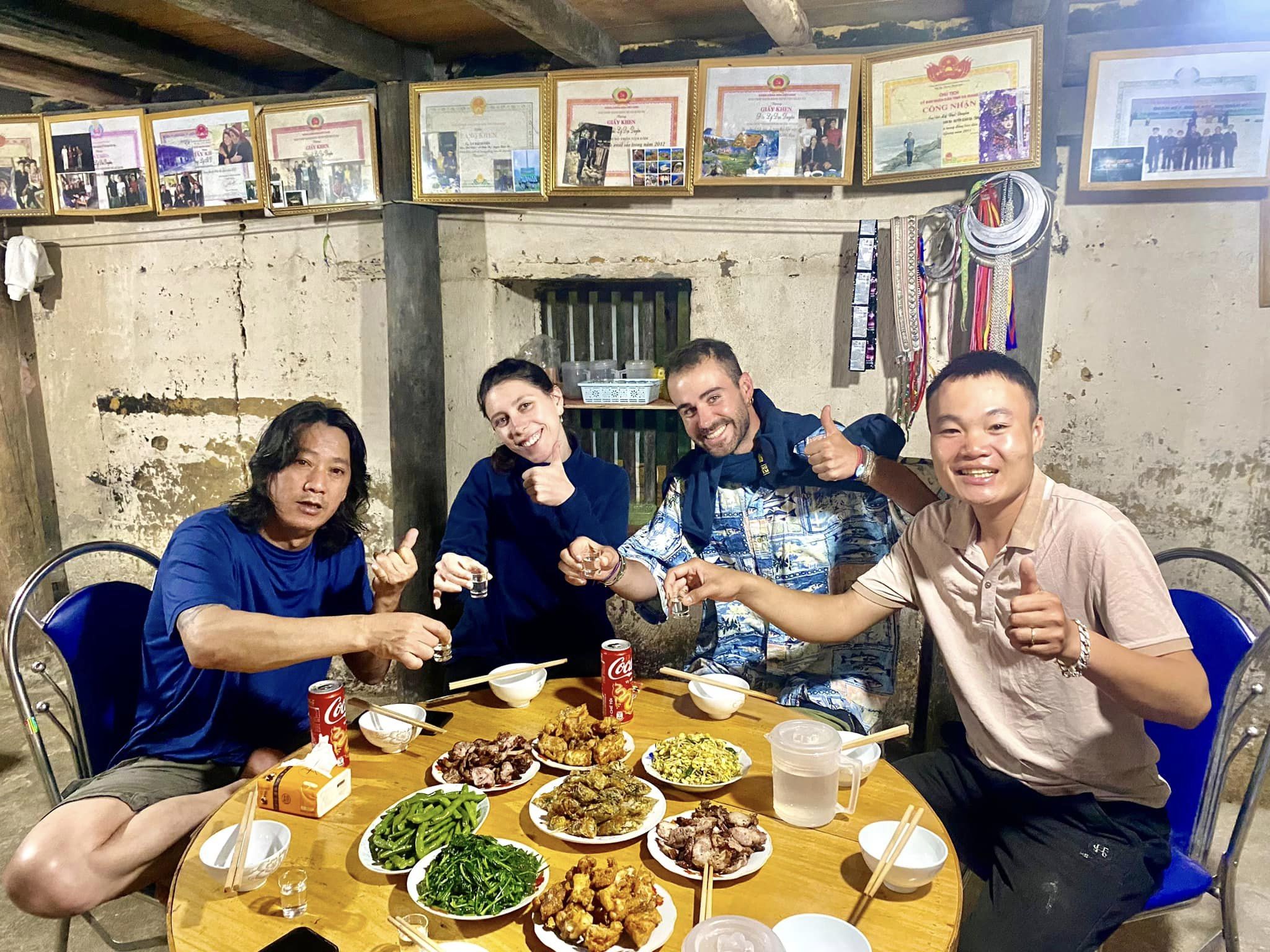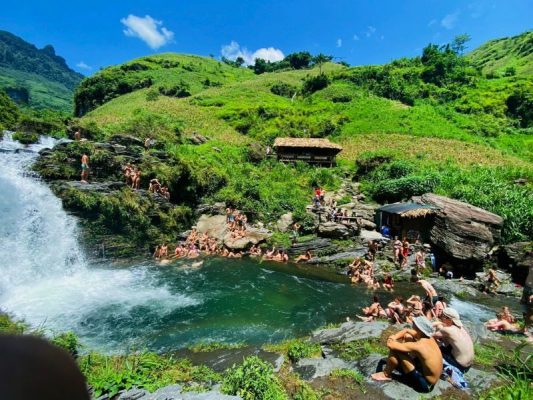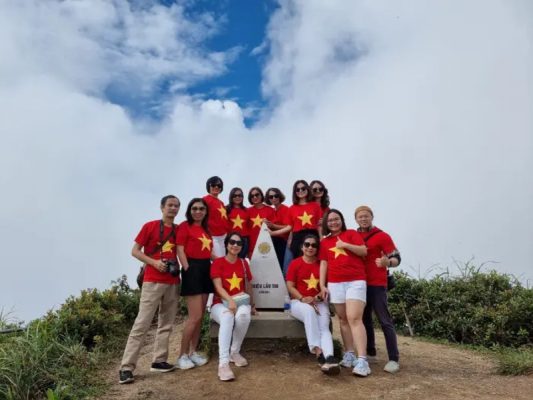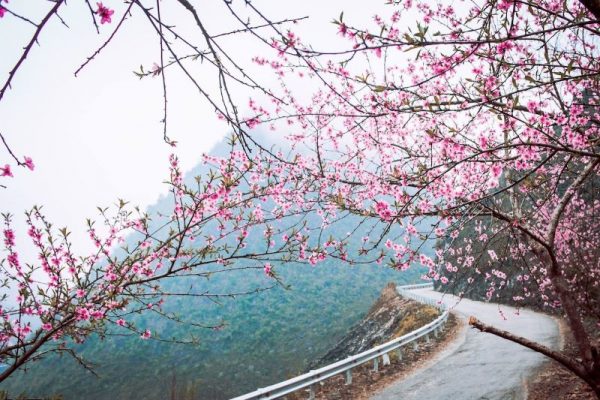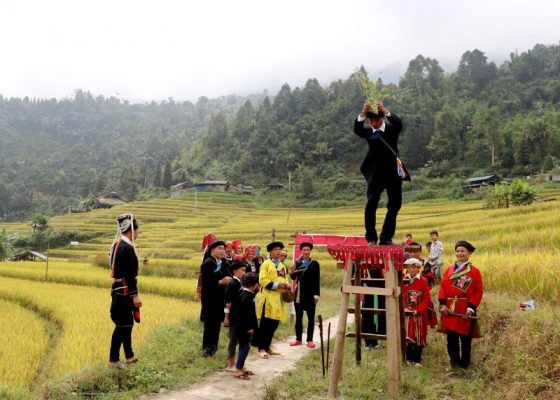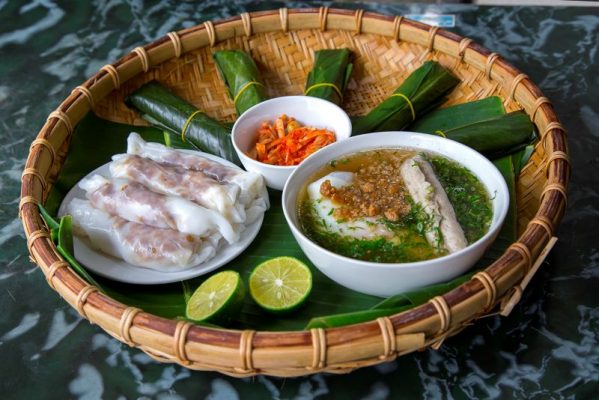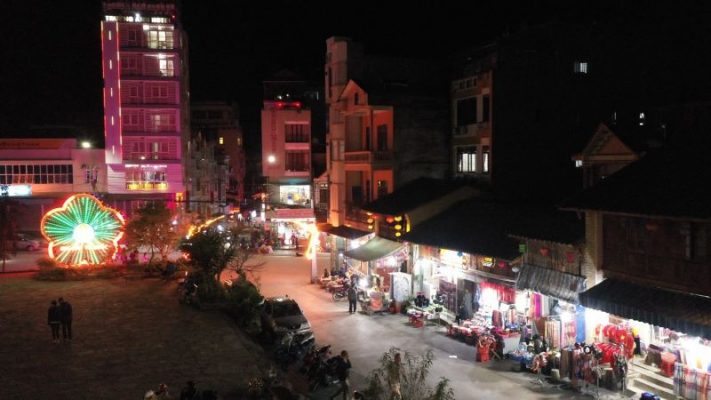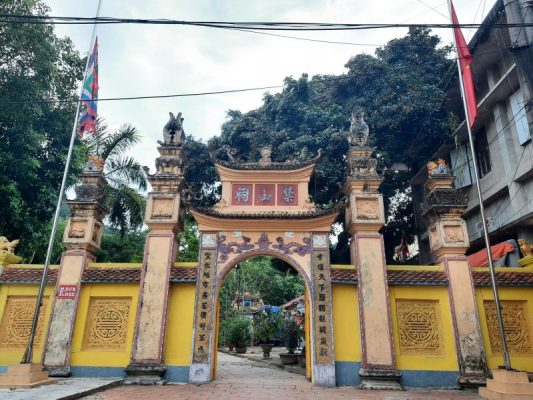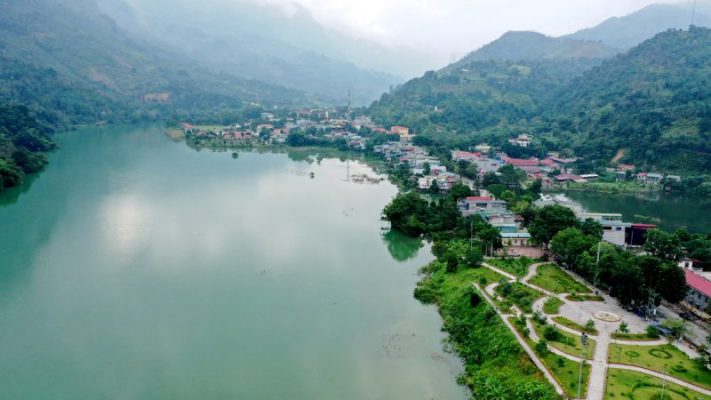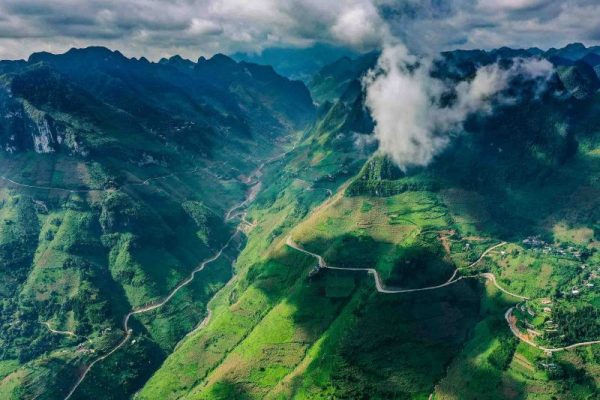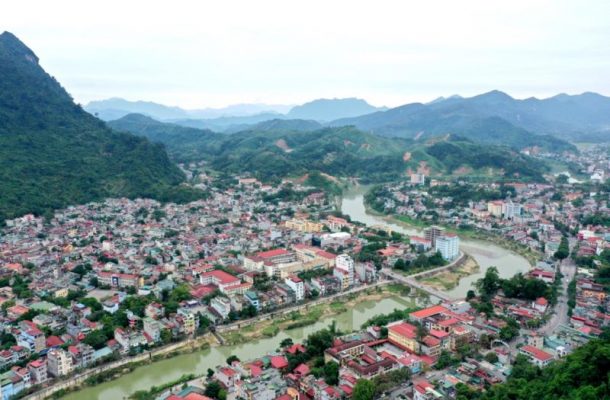In many foreign countries, particularly in Europe and Australia, it’s common for people to drink tap water directly. Consequently, many international tourists visiting Vietnam often ponder: “Is tap water safe to drink in Vietnam?” Join us, Ha Giang Motorbike Tours, as we explore the answer to this question in the following article.
General information about tap water in Vietnam
In nations abroad, particularly in Europe, tap water stands as an indispensable and vital resource in daily life. In Vietnam, tap water derives from diverse sources such as rivers, lakes, streams, and groundwater. Post-collection, water undergoes a rigorous treatment regimen comprising coarse filtration, chemical treatment, fine filtration, and disinfection, ensuring its safety before distribution to the public.
On the whole, the quality of tap water in Vietnam – Ha Giang Loop Tous is relatively commendable, guaranteeing its suitability for domestic use. Nevertheless, there remain pockets where water quality falls short of standards due to factors such as incomplete treatment systems, aging and faulty pipeline infrastructure, and environmental contamination of water sources.
Tap water finds application in a myriad of domestic activities including bathing, laundry, cooking (post-boiling), dishwashing, and household cleaning.
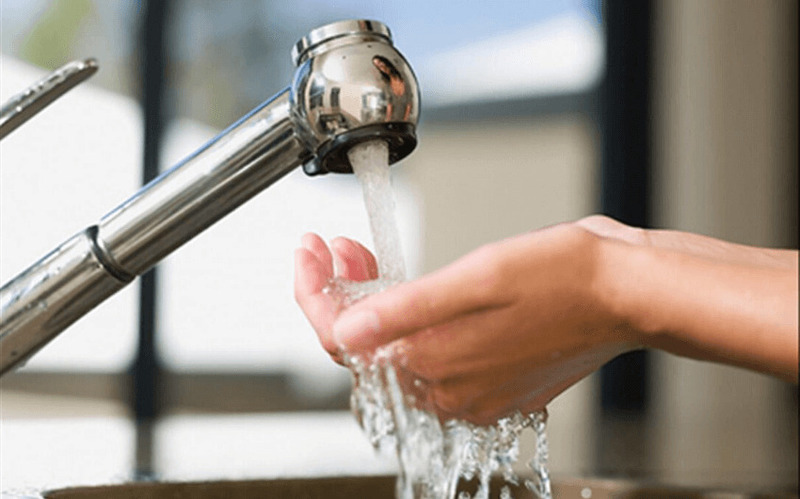
Is drinking tap water in Vietnam really safe?
Consuming tap water directly in Vietnam raises significant concerns among the populace. It’s strongly discouraged due to several compelling reasons.
Primarily, the inconsistency in tap water quality poses a significant issue. Despite ongoing improvements in water treatment systems, numerous regions still fail to meet safety standards, thereby posing potential health hazards. Tap water often carries impurities, bacteria, chemicals, and heavy metals that surpass acceptable thresholds.
Furthermore, the aged and deteriorating water pipeline infrastructure contributes to water contamination. Leaks in the system can introduce bacteria, dirt, and hazardous substances into the water supply.
Lastly, natural water sources are susceptible to pollution from agricultural chemicals, household waste, and industrial effluents, further compromising water safety and quality.
See more: 10+ Good and bad things in Vietnam: Journey of discovery
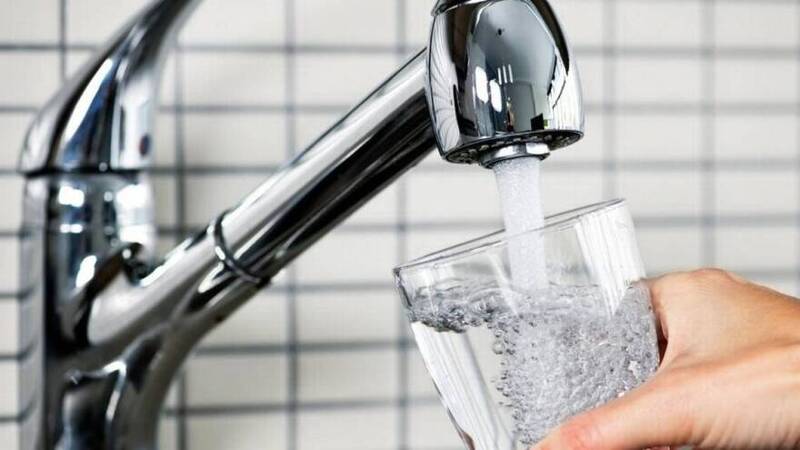
Can boiled tap water be drunk?
In most cases, yes, boiled tap water is safe to drink. Boiling effectively kills harmful bacteria and parasites that can be present in contaminated water.
- Kills Microorganisms: Boiling makes tap water microbiologically safe by eliminating bacteria, viruses, and protozoa.
- Boiling Time: You should bring the water to a full rolling boil for at least one minute.
- Limitations: Boiling doesn’t remove all contaminants. For instance, it won’t remove chemicals like chlorine or lead. In fact, boiling water with lead can actually concentrate it and make it more harmful.
Overall, boiling tap water is a good way to purify water in an emergency. However, if you’re concerned about the quality of your drinking tap water in Vietnam, it’s best to err on the side of caution and drink bottled or filtered water.
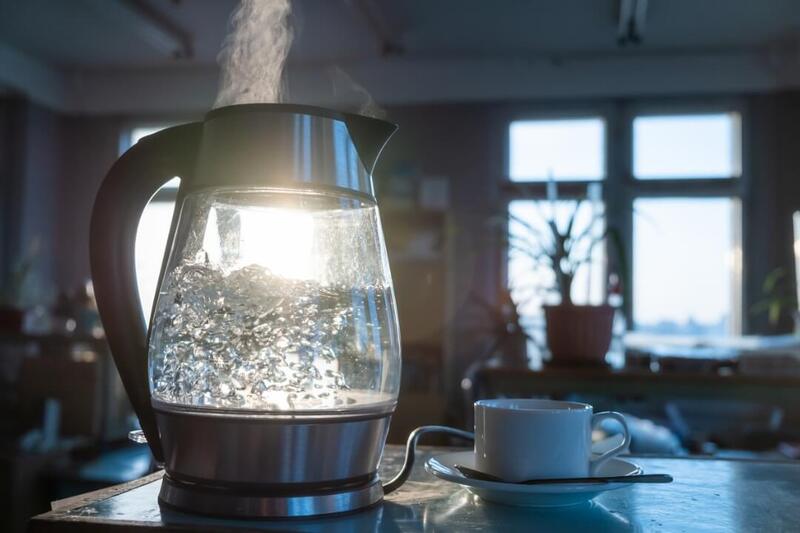
Types of safe drinking water in Vietnam
In Vietnam, if tap water isn’t suitable for direct consumption, what alternatives are available? Here are some options:
- Bottled water: Considered the safest choice, bottled water undergoes stringent production processes and regular quality checks. Popular brands like Lavie and Aquafina are widely available in supermarkets and convenience stores nationwide.
- Boiled water: Boiling tap water effectively kills bacteria and pathogens. Ensure to boil water for at least 1 minute at elevations above 2,000 meters and 3 minutes at lower elevations before drinking.
- Water filtered through purifiers: Various water purifiers on the market can remove impurities, bacteria, and chemicals. Select one that suits your needs.
- Spring water: Natural spring water is generally safe, but verify its source reliability. Avoid springs near areas potentially contaminated by wastewater or agricultural activities.
- Ice water: Ice made from safe drinking water is safe to consume, provided it’s properly processed and stored in clean containers.
- Tea and coffee: Brewed with safe water, tea and coffee are safe options. However, limit sugar and milk to maintain health benefits.
- Fruit juice: Freshly squeezed fruit juice is a nutritious choice, but ensure thorough fruit washing before juicing and consume immediately.
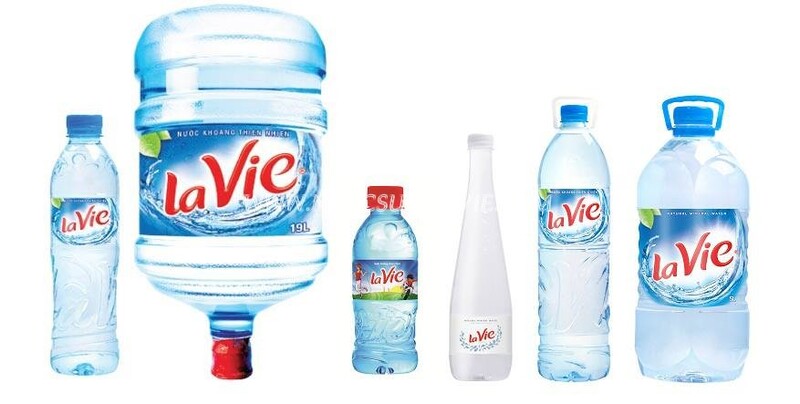
Notes when using tap water in Vietnam
Besides not being suitable for direct consumption, tap water in Vietnam can be utilized for the following purposes:
- In general, tap water in Vietnam is deemed safe for bathing and laundry.
- Additionally, tap water is commonly used for cooking.
- The quality of tap water can vary depending on the region, so it’s advisable to consult with local residents or hosts regarding water quality in your vicinity.
- The chlorine concentration in Vietnamese tap water may exceed that of other countries. While chlorine can impart an unpleasant odor to water, it serves to eliminate bacteria.
- Understanding Vietnam’s water usage customs is crucial for minimizing water wastage.
- Water conservation is a shared responsibility that everyone should uphold.
In addition to the problem of tap water in Vietnam, you can learn more about popular dishes in Vietnam here.
These are our insights regarding whether to drinking tap water in Vietnam or not. We hope that with the information we’ve provided, you’ll gain valuable travel knowledge.

